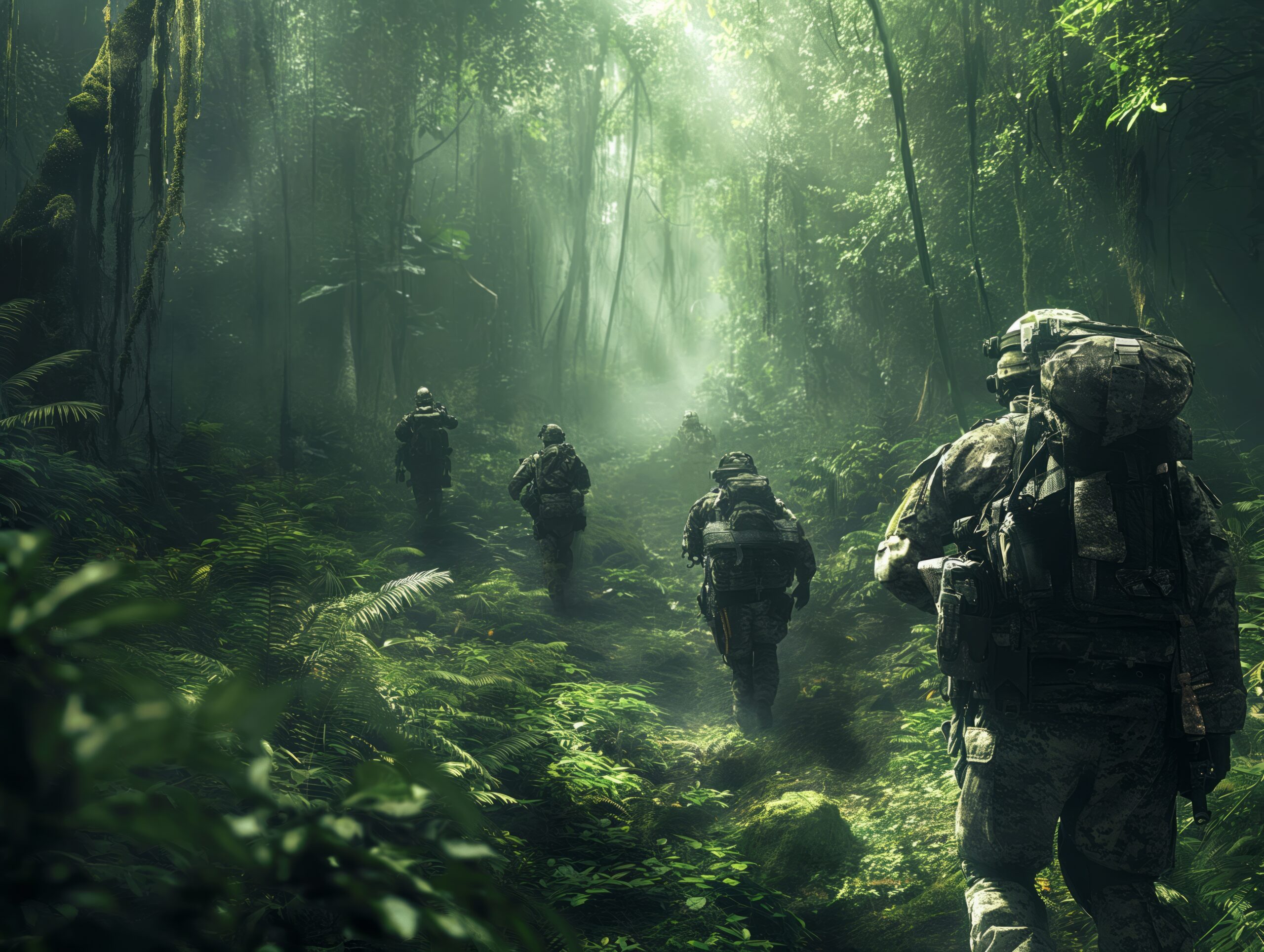As someone who has spent over three decades in the fields of law enforcement, security, and emergency services, I’ve seen firsthand the evolving nature of threats to national and global security. From my early days in public service to my time working alongside various federal agencies, one thing has remained constant: the need for adaptability and resilience in the face of ever-changing challenges. Nowhere is this more evident than in the realm of counterterrorism, where the stakes are incredibly high, and the landscape is continually shifting. In this blog, I want to share my thoughts on the role of the United States Special Operations Command (USSOCOM) in counterterrorism and how collaboration with agencies like the U.S. Marshals Service could enhance our national security efforts.
The Unique Mission of USSOCOM
USSOCOM, established in 1987, was created to address the growing need for specialized military operations that go beyond conventional warfare. Its mission is multifaceted, encompassing direct action, special reconnaissance, unconventional warfare, and more. However, one of its most critical roles in today’s world is counterterrorism. USSOCOM is tasked with planning and executing operations that neutralize terrorist threats before they can materialize into full-blown attacks. This involves not only military action but also intelligence gathering, partnership building, and strategic planning on a global scale.
What sets USSOCOM apart from other military commands is its ability to operate in the gray areas of conflict—those ambiguous, high-risk situations where traditional military tactics may not apply. Special Operations Forces (SOF) are trained to be adaptable, resourceful, and quick-thinking, which makes them ideally suited for counterterrorism missions. Their work is often covert, and the successes they achieve usually go unnoticed by the general public, but their impact is profound.
Counterterrorism: A Dynamic and Evolving Threat
Counterterrorism is not a static field; it evolves as quickly as the threats it seeks to combat. In the early days, counterterrorism efforts were primarily focused on responding to terrorist incidents after they occurred. However, the modern approach is much more proactive, aiming to identify and neutralize threats before they can be carried out. This requires a deep understanding of the global landscape, including the social, economic, and political factors that contribute to terrorism.
Over the years, I’ve observed that counterterrorism strategies have had to adapt to new challenges, such as the rise of lone-wolf attackers, cyber terrorism, and the use of social media by terrorist groups for recruitment and propaganda. USSOCOM has had to remain flexible and innovative, utilizing the latest technology and intelligence to stay one step ahead of these threats.
The Importance of Collaboration
One of the most significant lessons I’ve learned in my career is the value of collaboration. No single agency or organization has all the answers, and the most effective counterterrorism strategies often involve a multi-agency approach. This is where I believe USSOCOM can greatly benefit from closer collaboration with the U.S. Marshals Service.
The U.S. Marshals Service, the oldest federal law enforcement agency in the country, brings a wealth of expertise in tracking and apprehending fugitives, managing witness protection, and securing high-risk operations. These capabilities are not just limited to domestic operations; the Marshals Service has a global reach, which could be a valuable asset in counterterrorism efforts.
In my view, there is significant potential for USSOCOM to leverage the institutional knowledge and specialized skills of the Marshals Service to enhance its counterterrorism operations. For example, the Marshals’ expertise in locating and apprehending individuals who are evading capture could be instrumental in finding and neutralizing high-value terrorist targets. Additionally, their experience in managing sensitive and high-risk situations could complement the tactical capabilities of Special Operations Forces.
The Future of Counterterrorism
As we look to the future, it’s clear that counterterrorism will continue to be a top priority for national security. The threats we face are becoming more complex, and the lines between domestic and international terrorism are increasingly blurred. In this environment, it’s crucial that we continue to innovate and adapt our strategies.
USSOCOM, with its unique capabilities and specialized focus, will undoubtedly play a central role in this ongoing effort. However, to be truly effective, it must embrace collaboration with other agencies and partners, both within the U.S. government and internationally. By working together, we can create a more comprehensive and coordinated approach to counterterrorism, one that leverages the strengths of each organization. The effectiveness of this collaboration was evident in the initial stages of the Global War on Terror as shown by the Delta Force and their Advance Force Operations in Operation Anaconda.
As I look ahead, I remain committed to supporting efforts that promote collaboration and innovation in counterterrorism. Whether it’s through my continued involvement in training and mentoring or advocating for closer partnerships between agencies like USSOCOM and the U.S. Marshals Service, I believe that we can and must do more to protect our nation from the ever-present threat of terrorism.
In conclusion, USSOCOM’s role in counterterrorism is critical, but it cannot operate in isolation. By embracing collaboration and leveraging the expertise of partners like the U.S. Marshals Service, we can build a more resilient and adaptable defense against the threats we face. It’s a challenge that requires all of us to work together, but it’s one that we can meet with determination and ingenuity.
